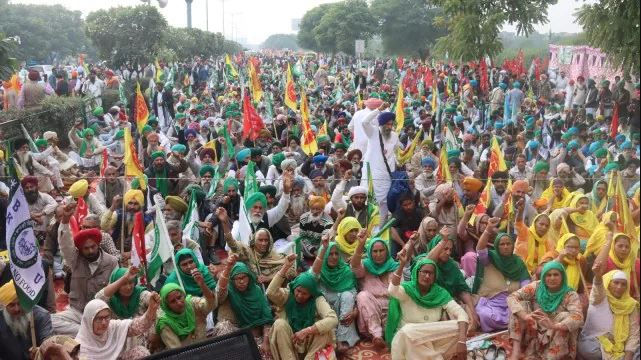Yoon Suk-yeol: who is South Korea's new tough-talking president
- guru prakash
- Mar 10, 2022
- 3 min read
Yoon Suk-yeol, a former prosecutor and now South Korea’s next president, said he will teach Kim Jong-un to behave, obtain better security commitments from America and restore conservative rule in the country.
Mr Yoon, 61, who served as his predecessor’s prosecutor general, says he is done with being “subservient” after the last five years of engagement with Pyongyang that included reduced joint US military drills, brokering high-level summits with Donald Trump and joint economic engagement.

Instead, he calls the North Korean leader a “rude boy” and told the people of the south that, “if you give me a chance, I will teach him some manners” and make him “snap out of it”.
To back up his rhetoric, he has threatened pre-emptive strikes on the north if needed — a move his rivals called provocative and analysts warn would be unrealistic and dangerous.
Mr Yoon, who also vowed to stand up to China, has accused the government of his predecessor, Moon Jae-in, of undermining its decades-long alliance with the US by reaching out to Pyongyang and Beijing.
“Under Yoon, we will probably see efforts to reset inter-Korean relations,” Soo Kim of the Rand Corporation told AFP. “It is a departure from the Moon administration’s prioritisation of inter-Korean engagement, to say the least.”
But others said that a government in Seoul that takes a hard line will do nothing to slow Pyongyang’s ballistic developments.
Since the start of the year, Pyongyang has conducted a record-breaking nine weapons tests, including those involving banned hypersonic and medium-range ballistic missiles.
“North Korea will pick up the tempo of its nuclear and missile development and use the hawkish South Korean government to justify its actions,” Hong Min, a researcher at the Korea Institute for National Unification, told AFP.
Mr Yoon, who won by a razor-thin margin against the incumbent Democratic Party’s Lee Jae-myung, said he will also bolster ties with Washington and its “extended deterrence,” a reference to America’s ability to use military and nuclear forces to deter assaults on its allies.
At home, he has promised more than 2.5 million housing units to suppress soaring housing prices, offer financial aid packages to small business owners hit by Covid-19 pandemic restrictions and drastically raise salaries for conscript soldiers.
It is still unclear whether he could translate that into legislative reform steps because Mr Lee’s liberal party still holds about 60 per cent of seats in the 295-member parliament.
A novice in party politics who has built up an image as a strong-minded and uncompromising prosecutor, Mr Yoon could enjoy a longer honeymoon period than Mr Moon given that as many opinion surveys show that more than half of people polled want a shift in power, experts said.
As a prosecutor, he spearheaded high-profile corruption investigations into the past conservative governments.
During a parliament audit in 2013, Mr Yoon, then a senior prosecutor, revealed he was put under pressure by his boss over an investigation into an allegation that the country’s spy agency had conducted an illicit online campaign to help conservative President Park Geun-hye win the previous year’s election.
At the time, he famously said, “I am not loyal to [high-level] people.”
He was demoted but when Ms Park’s government was toppled over a separate corruption scandal in 2017, Mr Moon made Mr Yoon head of a Seoul prosecution office, which investigated Ms Park and other conservative leaders. Mr Yoon was named Mr Moon’s prosecutor general in 2019.
However, not everyone is sold on the prosecutor turned tough-talking president.
In 2017, Mr Lee, then Seongnam mayor, said he wanted to make Mr Yoon his prosecutor general if he became president.
He now says that a Yoon government would begin a “prosecutors’ dictatorship that is scarier than past military-backed governments.”



Comments